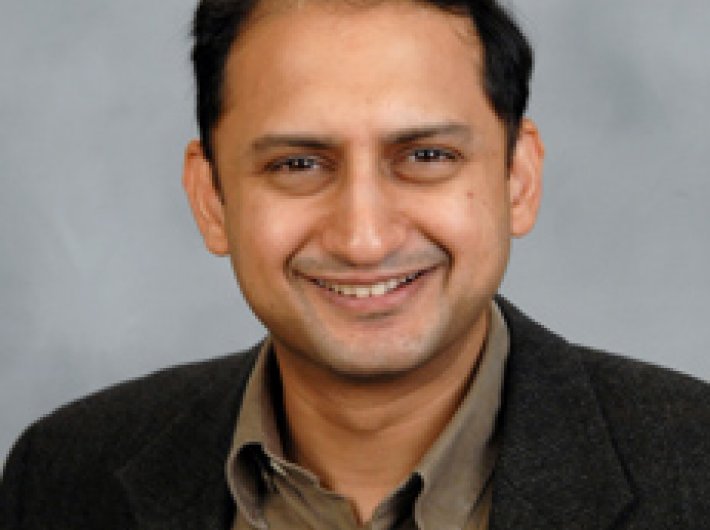Public sector banks are running balance-sheets that seem to be in a perennial need of recapitalisation from its principal owner, i.e. the government, said Viral Acharya
Only a bank that fears losing its deposit base or incurring the wrath of its shareholders is likely to recognise losses in a timely manner. In many of our banks, such market discipline is simply not present at the moment, said RBI deputy governor Viral V Acharya.
In others, even if some such discipline is at work, banker horizon is excessively short until end of the CEO’s term. Banks lobby for regulatory forbearance; perhaps some loan prospects have turned sour due to bad luck, but beyond a point, concessions in recognising losses just ends up being a strategy of kicking the can down the road and leaving them as legacy assets for the next management team to deal with, he said at the Indian Banks’ Association Banking Technology Conference.
Acharya said that the sectoral concentration of losses substantially amplifies this problem. Given the scale of assets that needs restructuring, it is natural that the turnaround capital at asset-restructuring companies (ARCs) has been limited in comparison. Some capital is simply sitting on the fence until serious asset restructuring picks up speed. In the meantime, any assets put up for sale can raise financing only at steep discounts, implying significant haircuts for bank debt. The loss of capital that would result on bank books and the fear of vigilance actions that such haircuts might trigger have made it almost impossible to get banks to embrace restructuring.
Effectively, there is no right price at which the market for stressed assets clears if left alone to private forces. Even with an orderly resolution mechanism such as the Insolvency and Bankruptcy Code in place, why would banks rush to file cases? In the unlikely scenario that assets are in fact being sold by banks to investors at steep discounts, ARCs may just asset-strip rather than do the economic turnaround. After all, these investors have waited far too long and now wish to generate quick returns to meet the expectations of their own investors.
He said that all this is playing out to near perfection in our setting. Its consequences are pernicious.
Acharya added that at one end, public sector banks are running balance-sheets that seem to be in a perennial need of recapitalisation from its principal owner, i.e., the government, and shying away from lending to potentially healthier industrial credits. Bank credit growth has been steadily declining at the stressed banks. Some private sector banks face such headwinds too.
At the other end, sectors with the most stressed assets have excess capacity relative to current or near-term utilisation and no sight of immediate pickup in economic prospects. Promoters have continued to operate, staying afloat with rollovers from banks which only increase indebtedness, partly disengaged, partly disgorging cash from the few assets that are running.
The end result has been a silent atrophy of the true potential of these assets.
This situation should be a cause for concern to all of us. It is reminiscent of weak banks and stagnating growth witnessed by Japan in the 1990s, with repercussions to date, and by Italy since 2010. Japan has experienced, and Italy, is in my opinion experiencing, a lost decade.
“I believe we are at crossroads and have an important choice to make”.
We can choose status quo, but this would be insanity, “doing the same thing over and over again and expecting different results," as Albert Einstein put it. It would risk a Japanese or an Italian style outcome.
Or we can choose to call a spade a spade as Scandinavia did to resolve its banking problems in the early 90’s and the United States did from October 2008 to June 2009, even if only after letting a significant bank fail. Ireland and Spain, where the recoveries since the global financial crisis have not been as salubrious as in the United States, have nevertheless fared better than Italy; they too first adopted measures to pretend and extend troubled bank assets, but eventually recognized the scale of the problem and dealt with them in a decisive manner.
With our healthy current level of growth and future potential, with our hard-fought macroeconomic stability, with our youth climbing echelons of entrepreneurial success day after day, with our vast expanses of rural India that need infrastructure and modernisation, and with our levels of poverty that have steadily declined but still need substantial reduction, we simply don’t as a society have any excuse or moral liberty to let the banking sector wounds fester and result in amputation of healthier parts of the economy.
